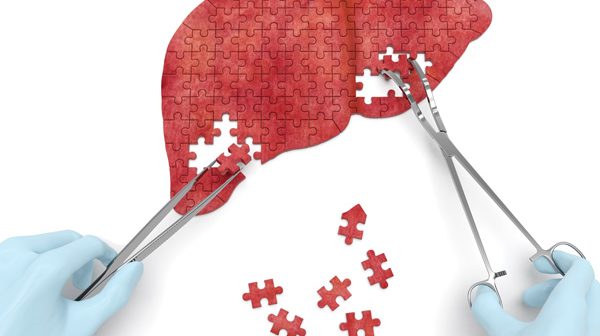Operational Emergency Medicine
General Information
- Operational Emergency Medicine is a unique opportunity to complete residency in a civilian emergency medicine program, and then be vectored to flight medicine assignments in special operations or combat search and rescue upon completion (AFSCs 48R1 and 44E).
- Effectively civilian sponsored -- taking on an additional consecutive service commitment (i.e. 4 year HPSP obligation followed by an additional 3 year residency obligation for a total of 7 years after residency is completed). Time in residency is spent as an active duty service member with full benefits. Time during residency does count toward retirement years.
- The Air Force has partnerships with 5 civilian programs:
- Ohio State University
- Mercy St. Vincent (Toledo)
- Louis University
- Virginia Commonwealth University
- Einstein (Philadelphia)
- University of Arizona (University Campus Program)
- Residents will accomplish operational requirements while completing their residency in emergency medicine:
- USAFSAM Orientation
- Distance Learning: Webinars on operations, policies, and professional development
- Research: Operationally relevant, en-route care, NAMRU-D, ACS, AFRL
- Courses: AMP, FOMC, Occupational and Global Medicine, and training specific opportunities
- Professional Development: Officer development, continuing medical education and ongoing alumni collaboration
- For more information, visit: https://www.wpafb.af.mil/afrl/711hpw/USAFSAM/Operational-Graduate-Medicine-Education-program/
Leadership
- Program Contact and Info:
- Email: OP.MED@us.af.mil
- Program Director
- Lt Col Jaysun Frisch
- Email: jaysun.frisch.1@us.af.mil
- Phone: 937-938-2727
- Assistant Program Director
- Lt Col Catherine Blasser
- Email: catherin.blasser@us.af.mil
- Phone: 937-713-1116
- Deputy Director
- Katy Crowder, Lt Col, USAF, MC, FS
- Assistant Professor, Wright State University Family Medicine Residency
- Email: Crowder@us.af.mil
- Phone: 937-713-1116
- Program Coordinator
- Krystal McDonough
- Email: krystal.mcdonough@us.af.mil
- Phone: 904-938-3103
Org Box: OGME@us.af.mil
Website Link: Operational Graduate Medicine Education (OGME) program (af.mil)
Facebook: https://www.facebook.com/profile.php?id=100090643957133&mibextid=LQQJ4d
Related Content

Aug 25, 2017
Your Home
The Emergency Medicine Residents' Association EMRA is the voice of emergency medicine physicians-in-training and the future of our specialty and the largest and oldest independent resident organization in the world. EMRA was founded in 1974 and today has a membership over 18,000 residents, medical students, and alumni.






